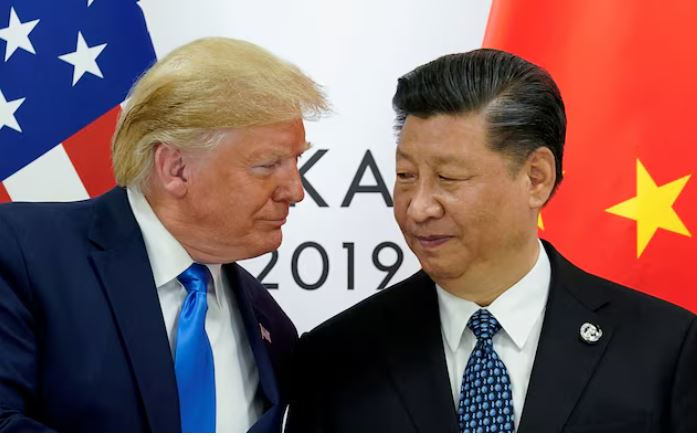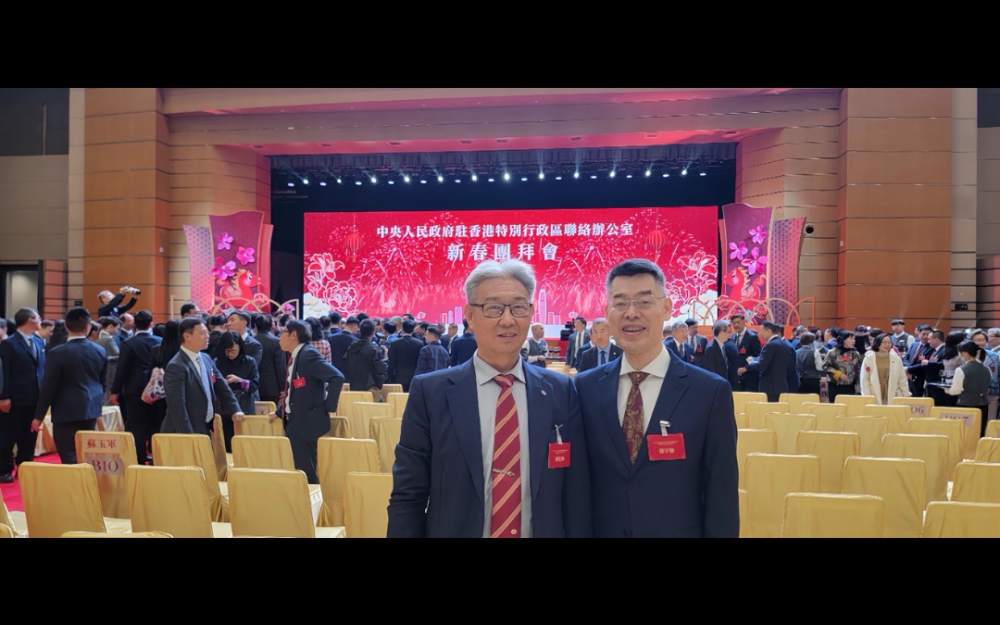美中脫鉤:川普政府對全球秩序的挑戰

美中脫鉤:川普政府對全球秩序的挑戰
綜合來看,川普政府在任內推動的一系列對中政策,實質上構成了一場前所未有的「脫鉤」運動,標誌著美中關係進入劇烈變動的階段。這場脫鉤並非單一政策的結果,而是一連串貿易、科技、投資限制等行動所構成的系統性戰略,其核心目標在於削弱美國與中國之間長期以來建立的緊密經貿聯繫。
這些行動反映了美方對中國崛起的深層次疑慮,尤其是在科技與地緣政治影響力方面。川普政府認為,過去數十年中,美中關係在過度依賴經濟合作的前提下,逐漸使美國陷入對中國製造與供應鏈的戰略依賴。因此,透過關稅戰、限制中國企業投資與技術合作,以及對高科技產業進行「去風險化」措施,美國意圖重新掌握全球產業鏈的主導權。
然而,這樣的做法也被視為對全球化秩序的重大挑戰。世界兩大經濟體的關係一旦全面冷卻,勢必將對全球供應鏈、投資流動以及多邊貿易體系造成深遠影響。尤其是對於仰賴兩國市場的第三方國家與企業而言,如何在兩強對抗之間維持平衡,成為一項難以迴避的挑戰。
川普政府的這場「脫鉤」行動,不僅試圖改變美中關係的結構性基礎,更象徵著一場對冷戰後國際秩序的重新調整。在這樣的大背景下,全球將如何因應中美關係的劇烈轉變,將成為未來國際政治與經濟發展的關鍵課題。
The Trump Administration And The Radical Shift Toward U.S.-China Decoupling
Viewed in its entirety, the Trump administration’s China policy amounted to a radical push for U.S.-China “decoupling.” This was not merely a reaction to trade imbalances or a short-term political strategy—it was a systematic, strategic effort to restructure the foundational ties between the world’s two largest economies.
Through a series of aggressive actions—imposing tariffs, blacklisting Chinese tech firms, restricting investments, and curbing technology transfers—the United States sought to dismantle the deep commercial links that had been built over decades. These links were not only economic in nature, but also served as key pillars that sustained bilateral relations between the two countries ever since the late 20th century.
At the heart of the Trump administration’s approach was the belief that China’s rapid rise poses a strategic threat to U.S. dominance. In response, the administration aimed to reduce America’s dependency on Chinese manufacturing and supply chains, thereby reclaiming control over critical industries and enhancing national security.
However, this decoupling initiative has also unleashed waves of uncertainty and disruption across the globe. For multinational corporations, emerging markets, and the global trade system at large, the unraveling of U.S.-China interdependence marked a profound shift—one that challenges the very foundations of globalization.






























